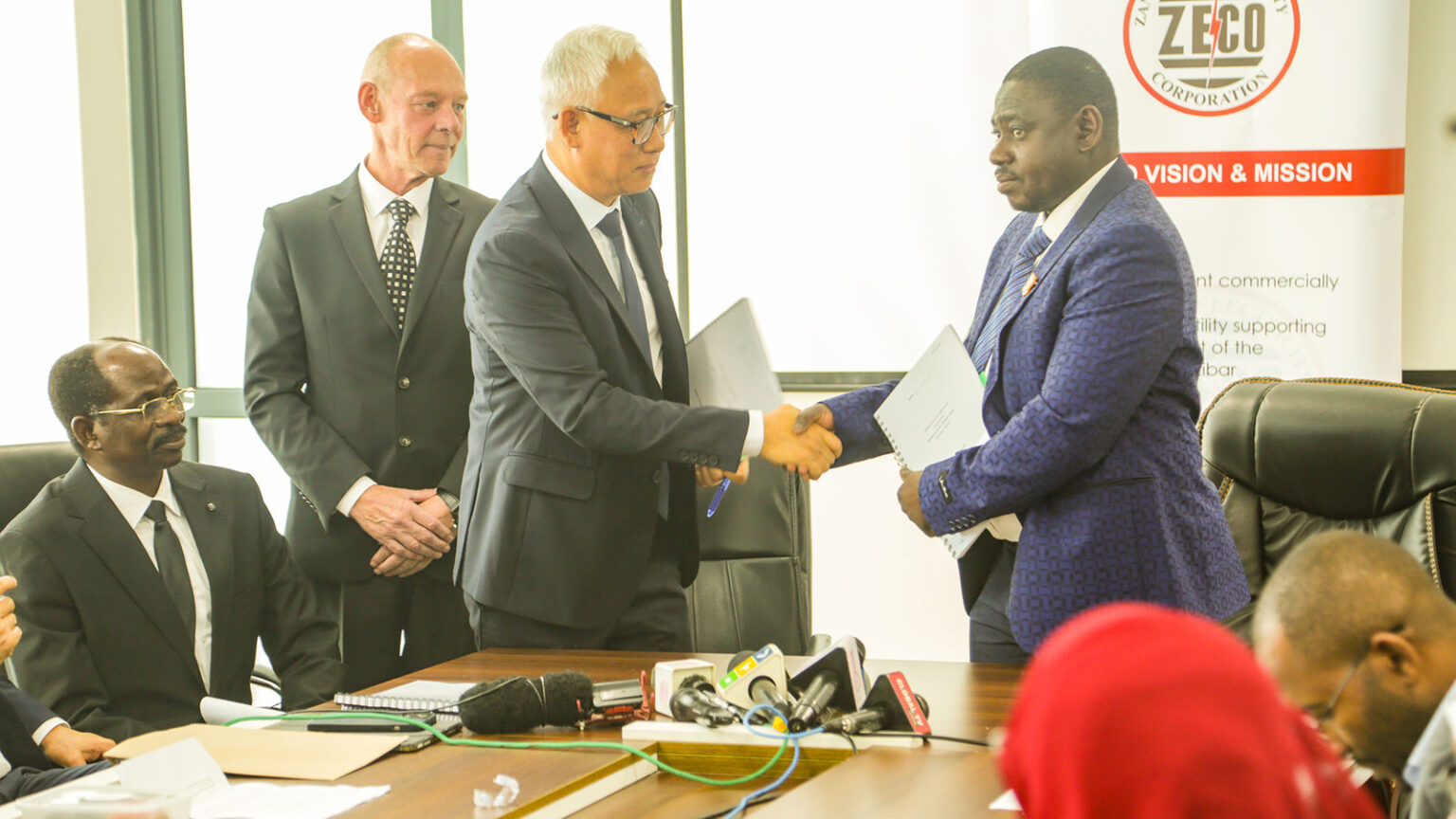- Zanzibar has been grappling with extremely high energy costs, oftentimes costing 50 percent higher than mainland Tanzania.
- Zanzibar relies on a 125MW submarine grid line from mainland Tanzania for its growing electricity needs.
- Rostam Aziz solar investment in Zanzibar is part of his wide focus on big energy investment projects around East Africa. In February, Rostam launched a $130 million cooking gas project in Dongo Kundu, Mombasa, Kenya.
With a planned $140 million investment in a solar power project that could see Zanzibar Island achieve electricity independence, Tanzania tycoon Rostam Aziz is coming out as a man with an eye for energy deals. Rostam’s Taifa Energy is liaising with Mauritius-based Generation Capital Ltd and state-owned Zanzibar Electricity Corporation (ZECO), to set up the 180MW green energy field in Zanzibar.
Over the years, the island of Zanzibar has been grappling with extremely high energy costs, oftentimes costing 50 percent higher than mainland Tanzania. At the moment, the island relies on a 125MW submarine grid line from mainland Tanzania for its growing electricity needs.
Rostam Aziz rolls out first-ever utility-scale project in Zanzibar
“We are thrilled to announce this landmark partnership with Zeco for the first-ever utility-scale solar PV project in Zanzibar,” said Rostam Azizi, Taifa Group’s chairman during the deal signing ceremony.
The investment will be the first-ever utility-scale solar photovoltaic (PV) project in Zanzibar, an island of about 800,000 people.
Read also: Oil and Gas in Tanzania: Activating LPG consumption
ZECO will be the off-taker of the electricity that will be generated under the green investment. The solar investment in Zanzibar under Rostan Aziz sees the island join the ranks of regional neighbour, Burundi, which just committed to double solar power capacity. Bujumbura is currently dependent on hydropower electricty sources to keep the lights of its $2.78 billion GDP activities on.
Zanzibar, a semi-autonomous island in Tanzania relies heavily on tourism to drive growth. The island remains a strategic tourist destination across East Africa but power costs have remained a challenge. In 2010, Zanzibar entered into a $150 million power project to help alleviate electricity outages.
Zanzibar, which draws over 27 percent of the nation’s GDP and around 80 percent of its forex can’t afford constant power cuts, which dampen its economic wellbeing.
Over the past years, power has robbed both Tanzania and Zanzibar island’s economic performances and solutions; hence such deals stand to transform the energy sector.
The Permanent Secretary in the Ministry of Energy and Minerals, Joseph Kilangi, said: “The project will be built in phases and will commence with the expedited construction of a 30MW solar PV power plant at Bambi, Central District in South Unguja region, that will be completed in 2024.”
Zanzibar solar project paves the way for sustainable future
Increased power supply on the island will also help drive Zanzibar on the path to prosperity. Energy tycoon Rostan Aziz beat over over 80 companies that expressed interest in executing the project.
Zanzibar, which accesses 100MW via underwater submarine cable, stands to benefit from the project. The deal will also revolutionise Zanzibar’s energy landscape by ensuring the reliable supply of clean power. The island’s tourism, and other industries will gain while paving the way for a sustainable future.
Further, in order to put the Island on a competitive stage, the Zanzibar Investment Promotion Authority has granted GCL strategic investor status. This follows their successful application to invest in Zanzibar.
Read also: Zanzibar commits to creating a sustainable blue economy
Kenya welcomes Rostam Aziz to provide cooking gas
In February, Rostam Aziz’s Taifa Gas received the greenlight from Kenya to invest $130 million in a cooking gas plant. At the moment, Taifa Gas is constructing a 30,000-tonne cooking gas centre in Dongo Kundu Special Economic Zone, in Mombasa. Rostam’s foray into Kenya’s energy industry marked a significant private foreign direct investment since EAC hit headwinds in 1977.
“We are determined to use innovative technologies to improve the efficiency of the LPG supply chain and to deliver it to consumers without high-up front costs,” Rostam said during the ground-breaking ceremony attended by Kenya’s President William Ruto.
Dr Ruto has set out to drastically cut the cost of cooking gas in Kenya. Interestingly, President Ruto, who ascended to power in September 2022, has found a partner in Taifa Group’s Rostam Aziz. Dr Ruto is banking of the Tanzania investor to actualise his promise of delivering cheap cooking gas to Kenyan households.
In the Zanzibar venture, Rostam’s Taifa Group managed to strike a deal with GCL, a Mauritian-based company, as a partner. The deal signals his liking for collaborations in executing meaningful business and investment projects.
However, during the 2022 Kenya-Tanzania Business Forum, which was attended by President Samia Suluhu Hassan and her Kenyan counterpart, the Tanzania tycoon cited skewed business ties between the two nations.
Over 500 Kenyan companies have invested in Tanzania
“The relationship between Kenya and Tanzania is skewed. It was very easy for Kenyans to come to Tanzania and invest. And we have many examples. There are more than 530 Kenyan companies in Tanzania which have invested over $1.7 billion. But there are only 30 Tanzanian companies in Kenya, with hardly $50 million,” he said.
On the bright side, Rostam finds the recent Zanzibar first-ever utility-scale solar PV project, a pivot move towards championing renewable energy development in Zanzibar and Africa, as significant.
“The integration of solar PV into Zanzibar’s energy mix supports the Blue Economy agenda by enhancing energy security, diversifying the energy mix, and promoting sustainable development,” Rostam said.
Rostam says the ambitious energy project will reduce dependence on supply from Tanzania’s mainland. It will also increase access to clean energy, and spur the Island’s economic growth.
“The signing of the PPA signifies the collective dedication and determination of all parties involved to accelerate the energy transition in Zanzibar,” he said.

